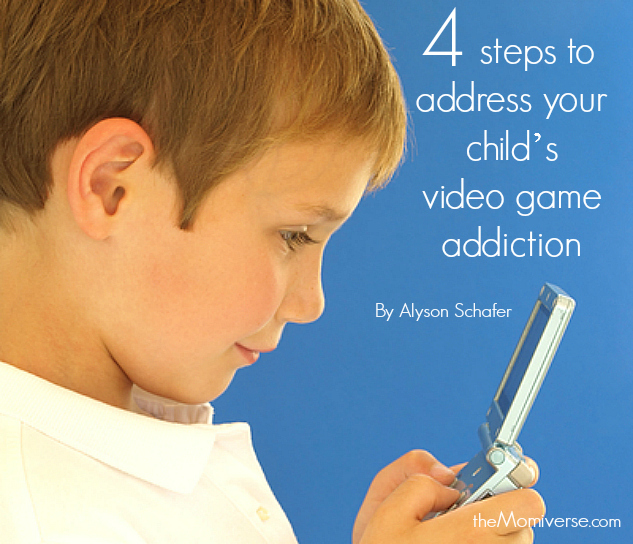Its 2:00 am and you see light coming from under your son’s bedroom door. You go in to check and find he is still up playing his favorite video game. Has he been playing all night? Is he an addict? Suddenly, you’re filled with panic, as you just know this can’t be good.
Understanding the problem
People do get addicted to gaming. It’s a realistic concern. It’s as serious a problem as any other addiction. While it may not have the specific harmful bodily effects of being addicted to a substance, addictive behaviors like gaming and gambling can still ruin lives. All addictions work on the same principles, and their warning signs and symptoms share the same qualities. Addictions are a method of escaping or finding a false buzz, joy or pleasure in a life that is otherwise devoid of those things. This is especially true for interactive fantasy games where players interact with others online. This can give a person a sense of status they can’t find in reality. The addict needs more and more game time to get the same effect over time. One hour of play time can build up to gaming almost 24-7. The addiction interferes with daily functioning and includes loss of sleep, skipping school to play, and losing friends and relationships over the time spent on gaming. The addict can become irritated and upset if they aren’t allowed to play. The addict dwells on thoughts of his addiction even when not engaged in the activity.
Four steps to finding a solution
1. Discuss your concerns.
Share with your child what you’re noticing. “You’ve been missing school.” “You haven’t been with your friend Josh in over a month.” “You aren’t getting enough sleep at night.” “You got fired from your part time job for not showing up.”
2. Provide options.
Suggest your child set a limit on his playing time. Together, see if you can come up with a set amount of time for the game and see if your child can downgrade gaming time without getting upset about it. If they can’t, share how the situation gives you reason to be concerned that his gaming may have evolved from passion to addiction.
3. Encourage your child to conduct his own research.
The addict is often in denial about the problem, especially with gaming because it seems so innocent. After all, it’s just playing a game! How is it harming anyone? Ask your child to do some of his own research so he can see it’s not just your opinion, but rather a verifiable psychological problem that actually exists for many people. Make sure you show your concerns come from a place of love and caring, not anger and lack of understanding.
4. Seek treatment.
Treatment may ultimately involve enrollment in a professional program. Hopefully, if you take steps to address the addiction, your child is more likely to hear your concerns. If you are aggressive or oppositional in your approach, he is more likely to dismiss your concerns and refuse your influence or help.
Have you had to deal with a similar experience? Tell us about it!
This Week's Articles Read, learn, live
-
 Summertime grilled vegetables
Summertime grilled vegetables
-
 5 Ways to make this summer full of unforgettable family fun
5 Ways to make this summer full of unforgettable family fun
-
 10 Reasons to take a family vacation in Puerto Vallarta
10 Reasons to take a family vacation in Puerto Vallarta
-
 5 Fun tips for spring cleaning with kids
5 Fun tips for spring cleaning with kids
-
 10 chick flicks with New Year’s Eve scenes
10 chick flicks with New Year’s Eve scenes
-
 The day after Christmas: 5 ways to handle the biggest downer of the year
The day after Christmas: 5 ways to handle the biggest downer of the year

{ 3 comments }
I have not had a similar experience, but I think my kids are too young for this yet. I can see how it could be a problem though. I think a good step now is involving them in lots of different types of activities and teaching them why limits are good.
This is great advice. My boys are young but we do limit video game playing. We have a rule – no video games during the week – because they can get addicted and I notice they fight more after playing a long time. Helpful article!
My boys LOVE their video games. We’ve had to limit their time on them. And when it’s time for bed, their devices are not allowed in their rooms.
{ 1 trackback }